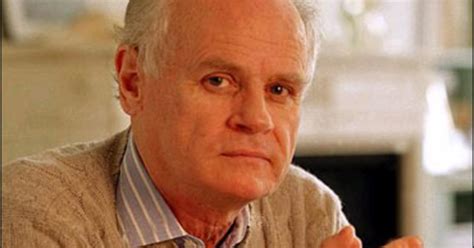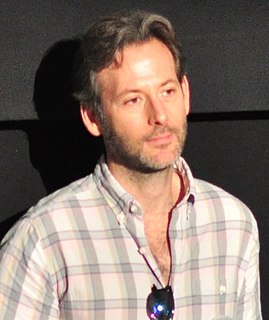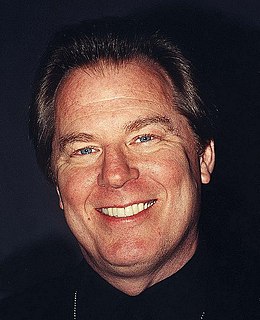A Quote by John Gregory Dunne
Novels do take charge of the writer, and the writer is basically a kind of sheepdog just trying to keep things on track.
Related Quotes
Oh, I love labels, as long as they are numerous. I'm an American writer. I'm a Nigerian writer. I'm a Nigerian American writer. I'm an African writer. I'm a Yoruba writer. I'm an African American writer. I'm a writer who's been strongly influenced by European precedents. I'm a writer who feels very close to literary practice in India - which I go to quite often - and to writers over there.
As an actor, you have to be able to take all sides as well. You have to at least be able to understand things. No bad guy looks in the mirror every morning and says, boy, I'm gonna be a real bad guy this morning. He goes after his own what he's after, just like us good guys. You kind of have to take a stand and, a lot of times, you have to take the writer's stand or the stand of the character this writer has created.
There's the fact that American fiction is basically the most apolitical fiction on the globe. A South American writer wouldn't dare think of writing a novel if it didn't allude to the system into which these people are orchestrated - or an Eastern European writer, or a Russian writer, or a Chinese writer. Only American writers are able to imagine that the government and the corporations - all of it - seem to have no effect whatsoever.






































